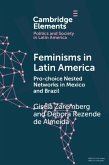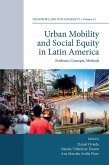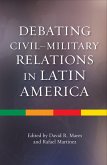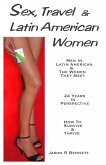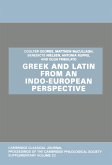An often overlooked factor in these regional developments, however, has been the role of the U.S. Foreign Corrupt Practices Act (FCPA). For years, extraterritorial application of the FCPA by U.S. officials to companies, individuals, and schemes in Latin America has had the effect of establishing penalties in the United States for conduct largely occurring in the region. The mere threat of FCPA enforcement has prompted people working in the region to embrace anti-corruption compliance norms. FCPA cases involving companies like Embraer, Wal-Mart, and Avon operating in Latin America have exposed local corruption risks, leading U.S. businesspeople to ask more questions about best practices for managing them.
THE FCPA IN LATIN AMERICA by MATTESON ELLIS, the first book to take a regional and cultural approach to FCPA compliance and enforcement matters, helps unpack the tectonic anti-corruption shifts underway in the region.
It explains how U.S. companies tend to confront cultural, historical, geographical, and language barriers when implementing FCPA compliance programs with their neighbors to the South, and provides advice for navigating these challenges. It also educates Latin Americans on the FCPA, those wondering how a United States anti-corruption law could possibly apply to their own work.
The book aims to guide these various audiences. To do so, it focuses on one of the most challenging and cutting-edge aspects of FCPA compliance, and an area for which little has yet been written - crossing cultural barriers to make compliance strategies effective. The book explores the nature of unique corruption risks as well as proven strategies to bridge cultural divides that often make compliance difficult to implement successfully on the ground. It does so through the eyes of Matteson Ellis, an anti-corruption attorney who speaks Spanish and Portuguese and has years of experience working on these issues in various parts of the region.
Dieser Download kann aus rechtlichen Gründen nur mit Rechnungsadresse in A, B, BG, CY, CZ, D, DK, EW, E, FIN, F, GR, HR, H, IRL, I, LT, L, LR, M, NL, PL, P, R, S, SLO, SK ausgeliefert werden.



